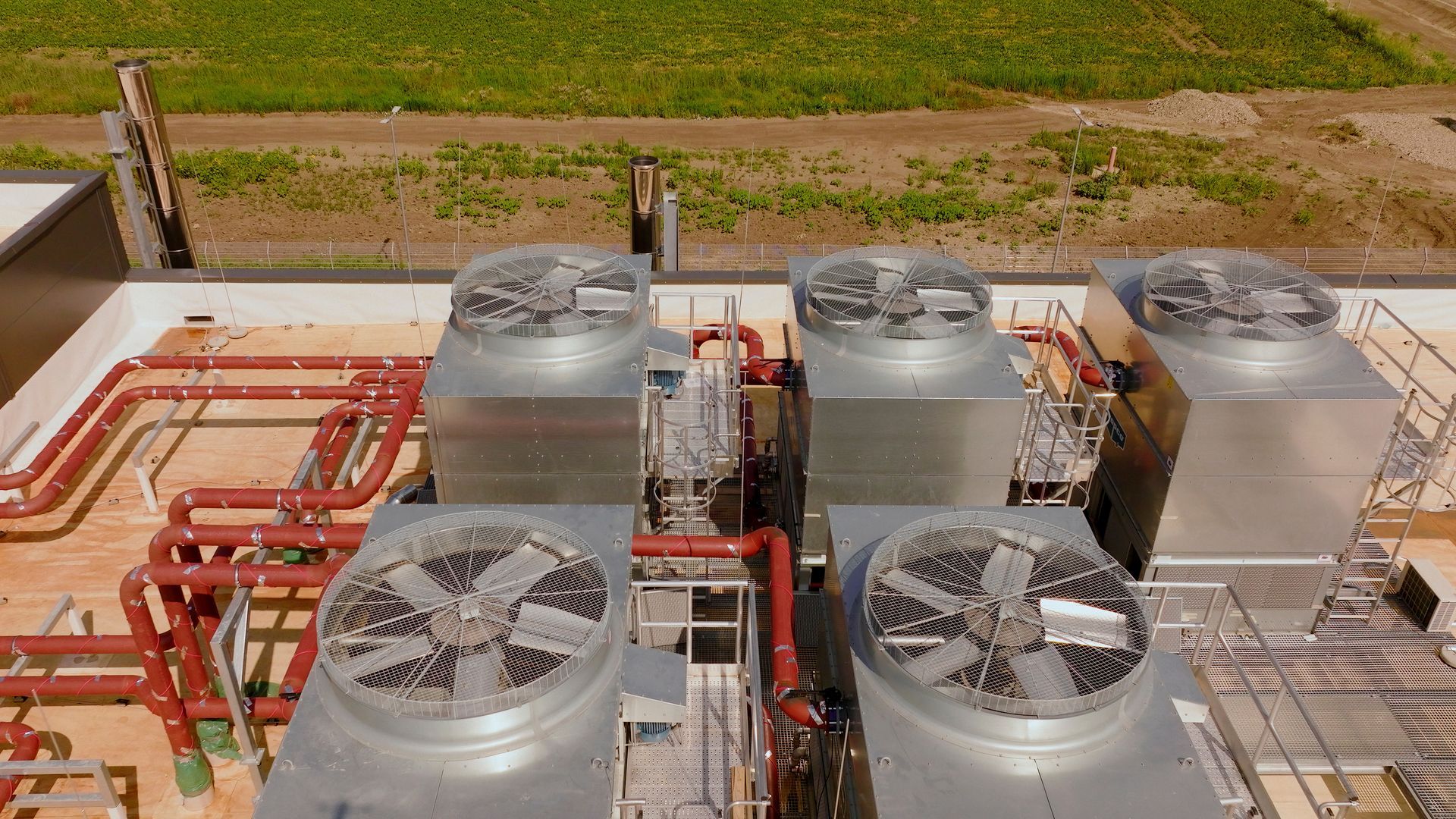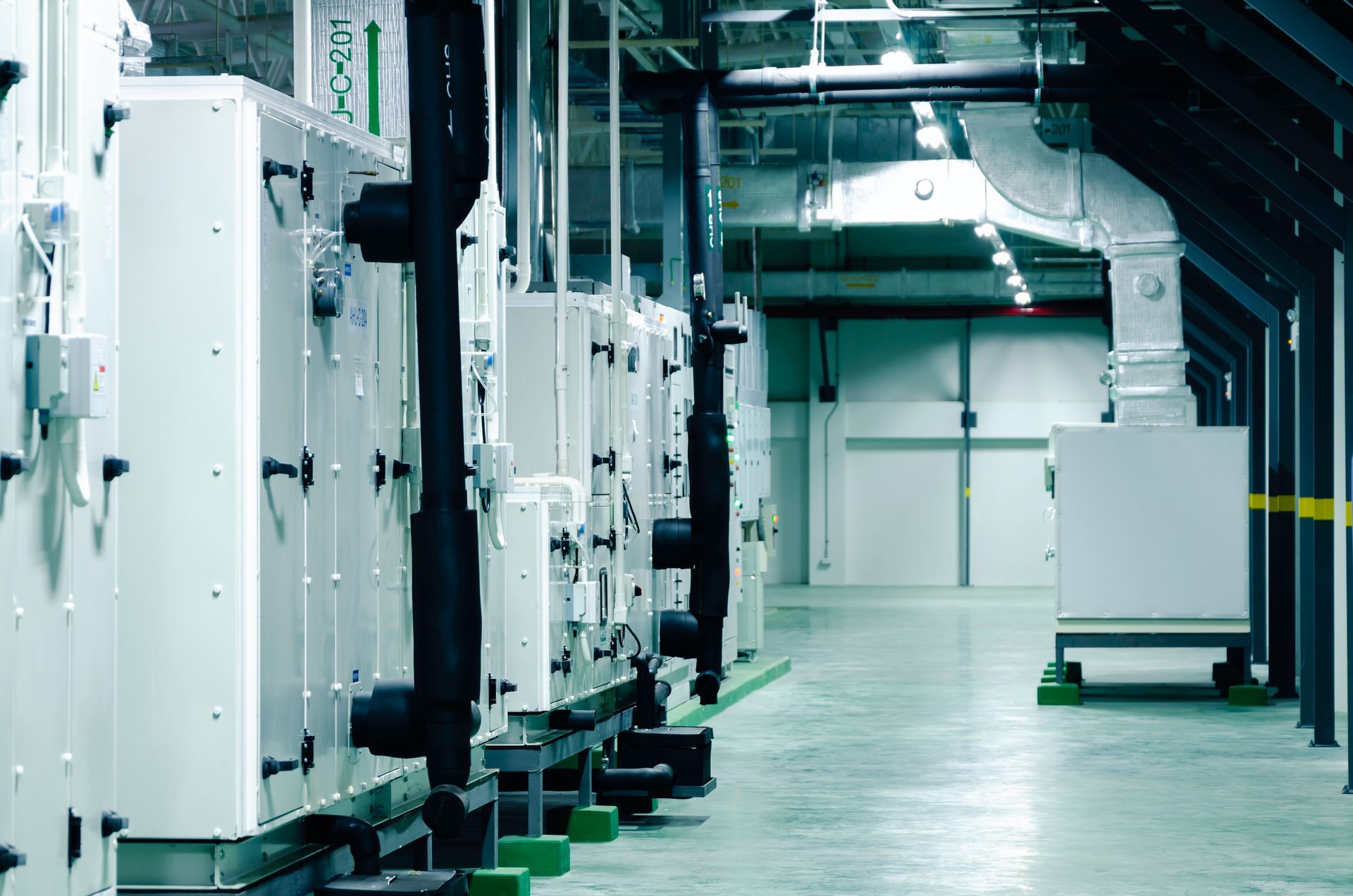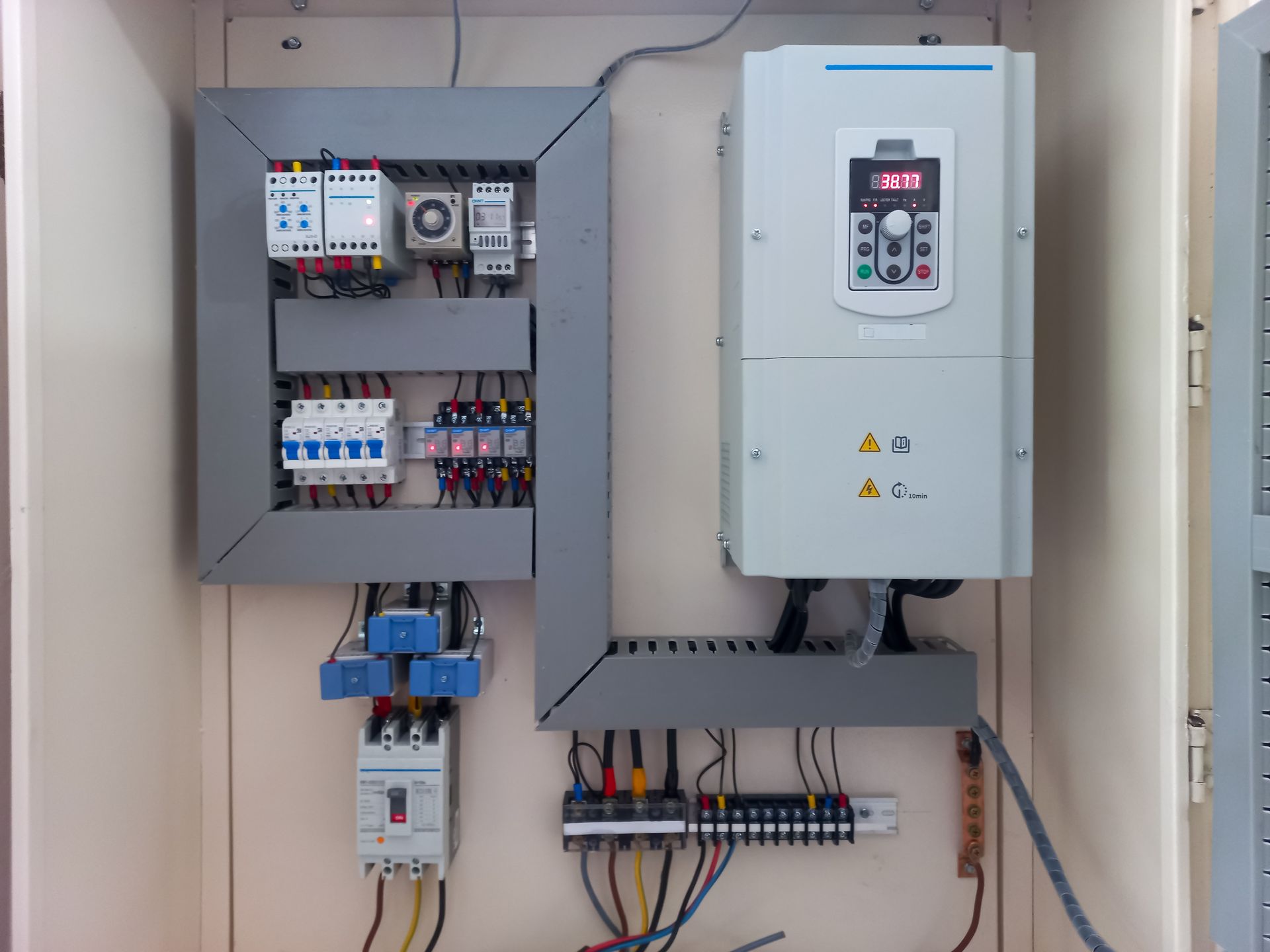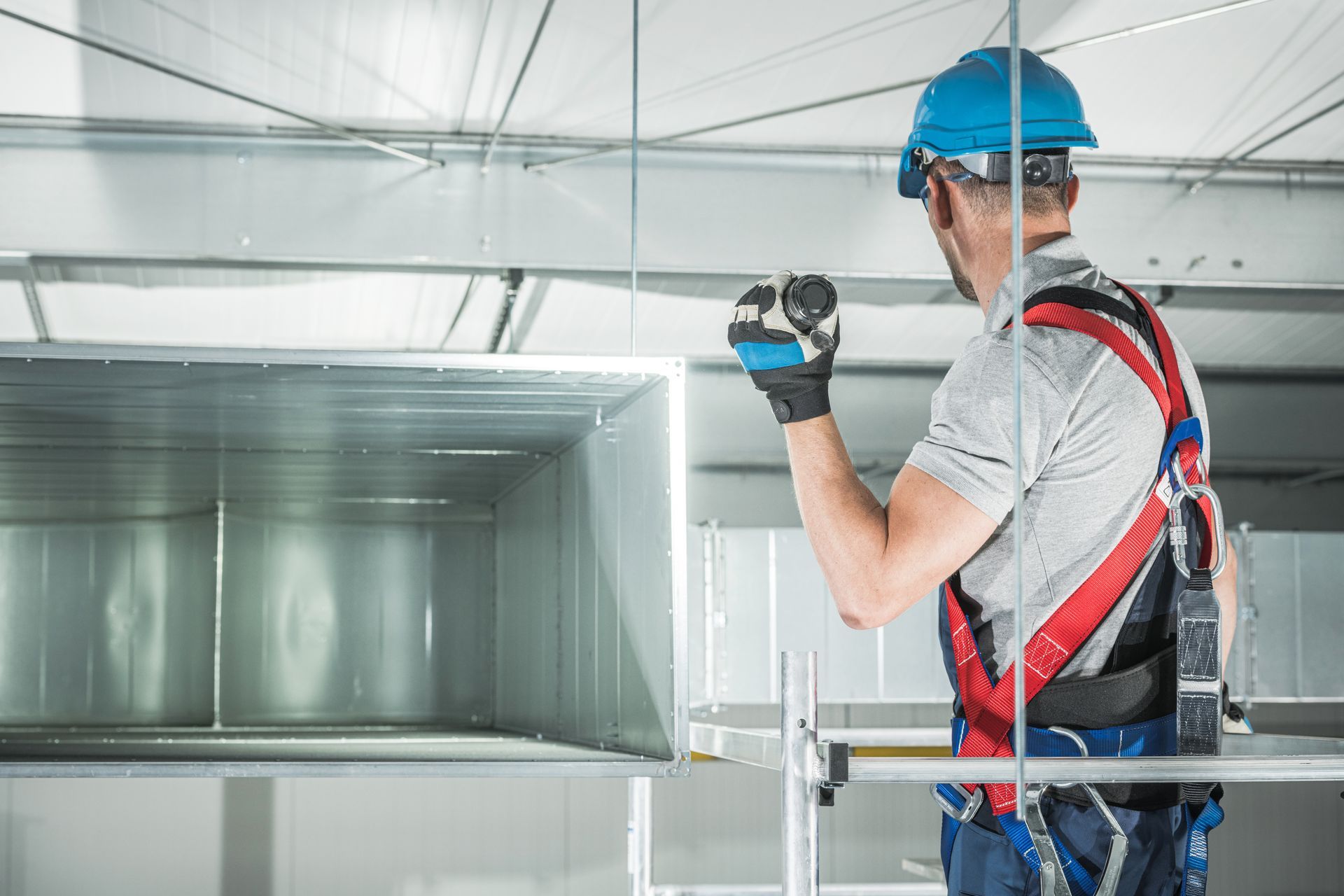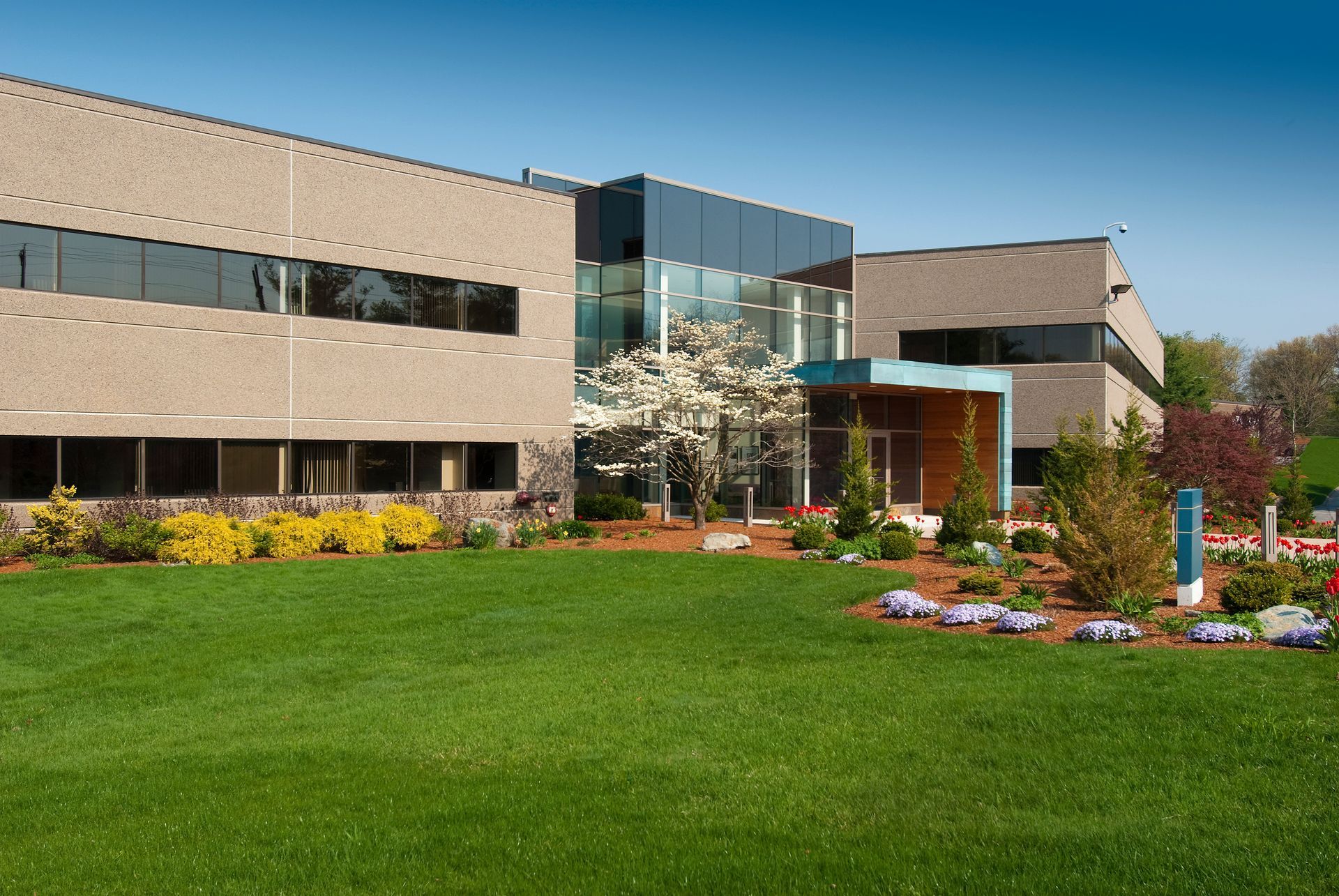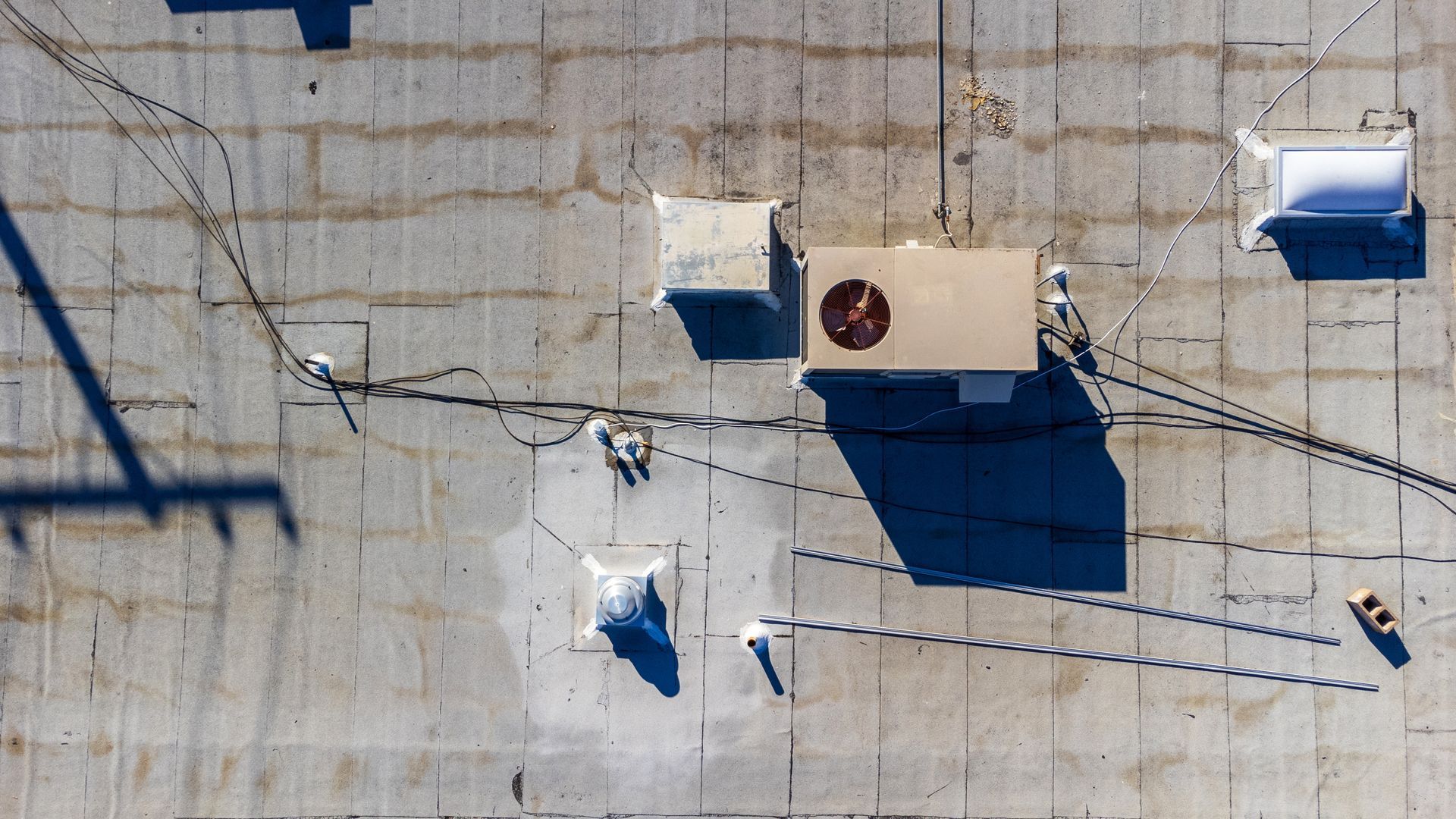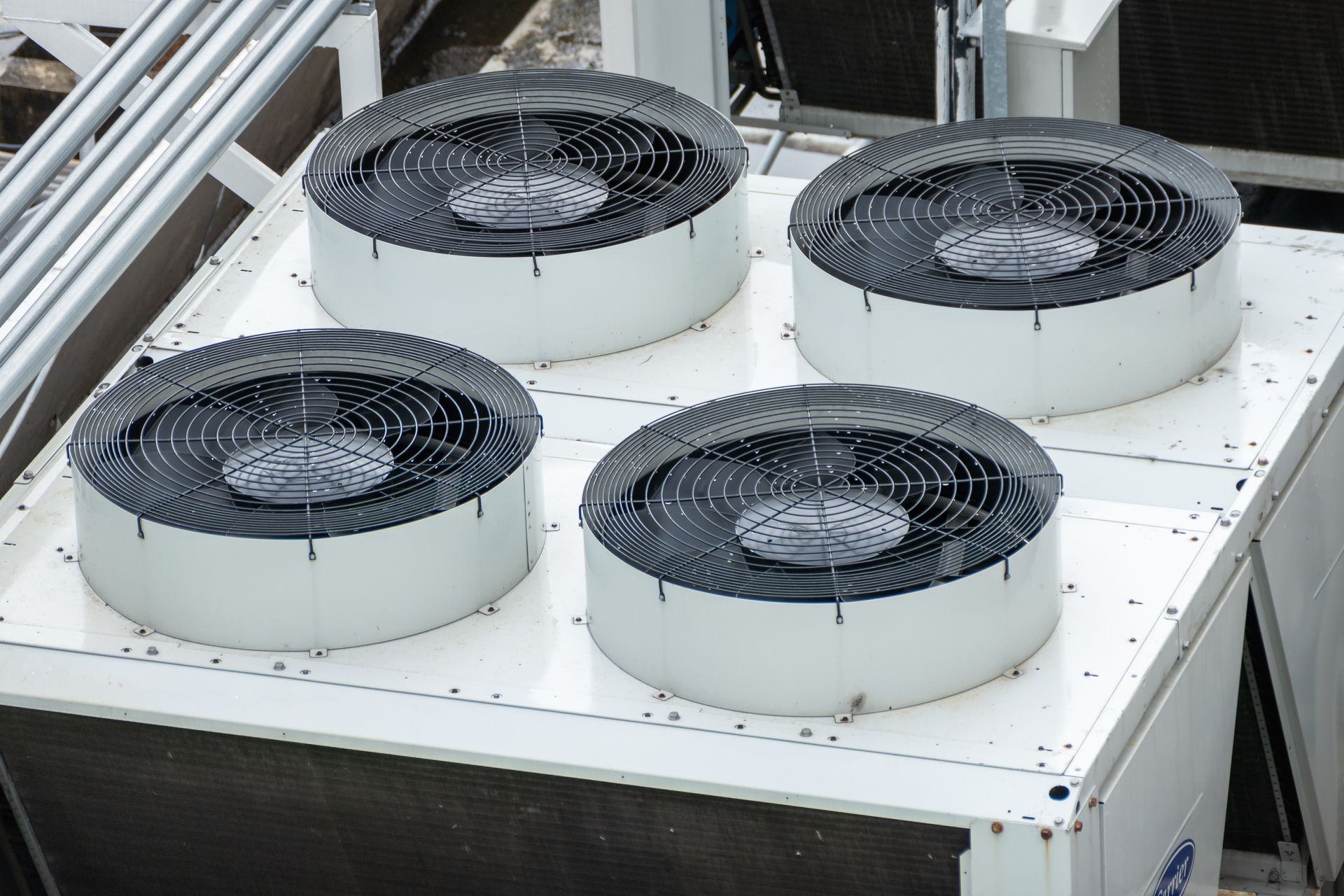Why One-Size-Fits-All HVAC Maintenance Doesn’t Work for Every Building
Share
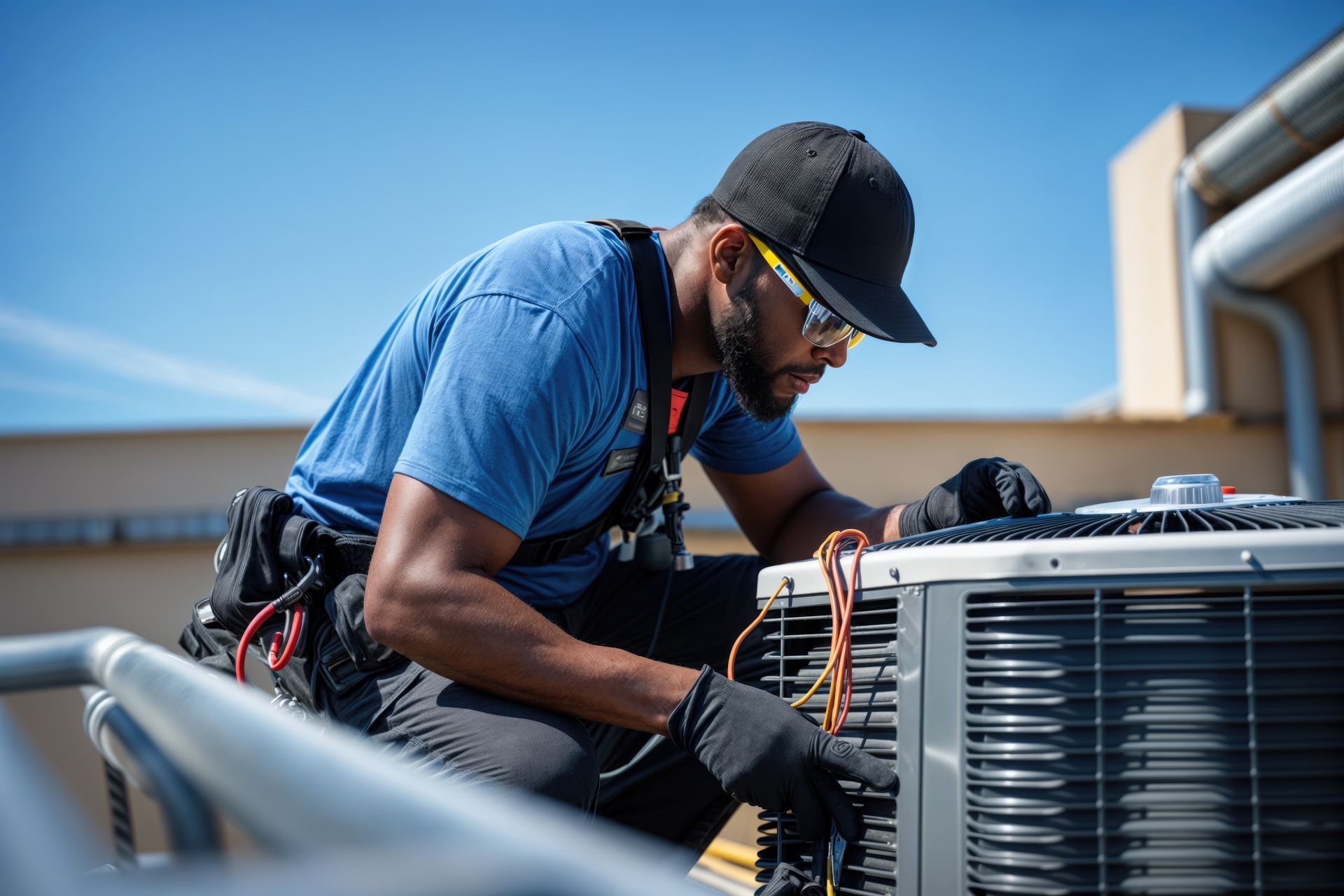
One of the more common misconceptions regarding commercial HVAC is that there’s little difference between residential and commercial maintenance.
You swap the filters every few months and call a technician to come out and check the refrigerant levels and run some diagnostics every spring and fall.
Unfortunately, a low-touch, residential-style approach to maintenance rarely works for most commercial HVAC setups. Neglecting regular diagnostics, cleaning and service can lead to costly repairs, loss of warranty coverage, efficiency losses and even premature system failure.
Different Buildings, Different HVAC Demands
Facility size, layout, square footage, ceiling heights, number of entrances and exits, number of windows, sun exposure and other variables affect climate control and indoor air quality demands. The diversity of commercial structures means there’s no single standard maintenance approach that provides optimal upkeep.
- Warehouses often have wide-open spaces with fewer zones and minimal temperature control variation, but their rooftop units (RTUs) may run nearly nonstop in summer to keep employees, equipment and stored goods at safe temperatures.
- Offices experience high daytime occupancy, meaning heavier cooling during business hours and reduced demand after hours.
- Schools have sharp daytime peaks and evening downtime but need consistent ventilation for dozens of separately zoned classrooms.
- Many healthcare facilities run 24/7, with critical air handling and pressurization needs to protect patient health.
These are just a handful of examples. Nearly every industry has its own climate control quirks and performance demands. These differences directly affect how often equipment runs, how quickly components wear and what maintenance actually preserves system performance.
Ventilation and Filtration Needs Vary by Use
An office lobby and a hospital operating room don’t have the same air quality standards and their HVAC maintenance should reflect that.
- Healthcare and lab environments require frequent filter changes, coil cleanings and air handler checks to meet air purity requirements.
- Manufacturing or light industrial spaces
often face dust and particulate buildup that requires more frequent filter changes and coil cleanings to keep equipment running efficiently.
- Offices or retail spaces can often go longer between some tasks but still need regular inspections to avoid unnoticed failures.
A generic plan that ignores these differences risks both equipment health and building safety.
Environmental Conditions Add Unique Stress
One variable property owners often overlook when thinking about HVAC performance and maintenance is how building use impacts indoor air quality.
- Industrial or manufacturing facilities may have dust, debris or fumes that clog filters and coat coils faster than expected.
- Gyms, pools and natatoriums struggle with high humidity that can corrode components if not actively managed.
- Retail spaces experience fluctuating occupancy and heat loads, especially around seasonal sales or holidays.
A copy-and-paste maintenance approach won’t account for these challenges, and without tailored attention, small issues can become big problems.
Compliance and Warranty Requirements Matter
Not all commercial HVAC equipment has the same maintenance requirements, and following the manufacturer’s recommended servicing is often essential to keep warranties valid.
· High-efficiency systems typically require regular inspections, filter changes, coil cleanings and performance checks as outlined in the warranty terms.
· Specialized components like variable-speed motors, economizers or demand-controlled ventilation systems may have specific upkeep requirements.
Skipping or delaying these tasks can void warranty coverage, leaving building owners on the hook for expensive repairs or replacements. A generic maintenance plan may overlook these critical steps, putting your investment at risk.
Finding the Ideal Maintenance Balance for Your HVAC Systems
Too little maintenance means missed warning signs, efficiency losses and surprise breakdowns. But too much maintenance, such as replacing filters or inspecting components more frequently than needed, wastes time and money.
The goal is to match the right level of service to the building’s actual needs, balancing cost with long-term performance.
Let Our Commercial HVAC Professionals Build a Maintenance Plan Around Your Property’s Actual Needs
At Tom’s Commercial, we don’t believe in handing clients a standard service package and calling it a day. Instead, we:
- Assess your building type, occupancy patterns and equipment setup.
- Recommend a maintenance schedule tailored to your system’s usage, environment and goals.
- Help you meet energy code requirements, preserve warranty coverage and extend system lifespan.
- Provide reliable follow-through, not just a maintenance promise on paper.
Most commercial HVAC companies will include maintenance with a large system replacement project. A common problem with this approach is a lack of follow-through. If your HVAC provider promised quarterly maintenance visits but only showed up twice last year, you may want to call someone else.
Contact Tom’s Commercial today at 817-857-7400 to schedule an HVAC evaluation.

